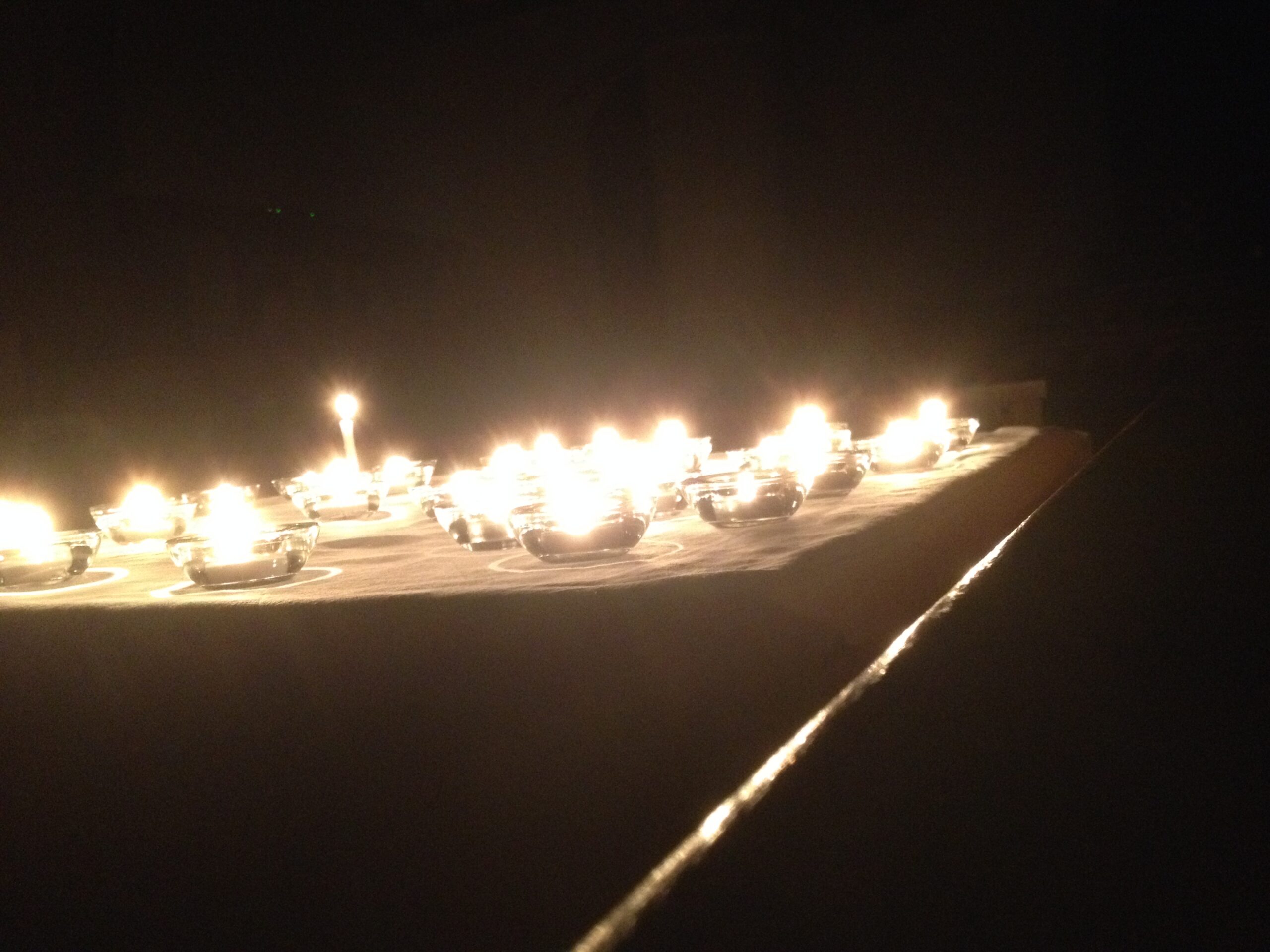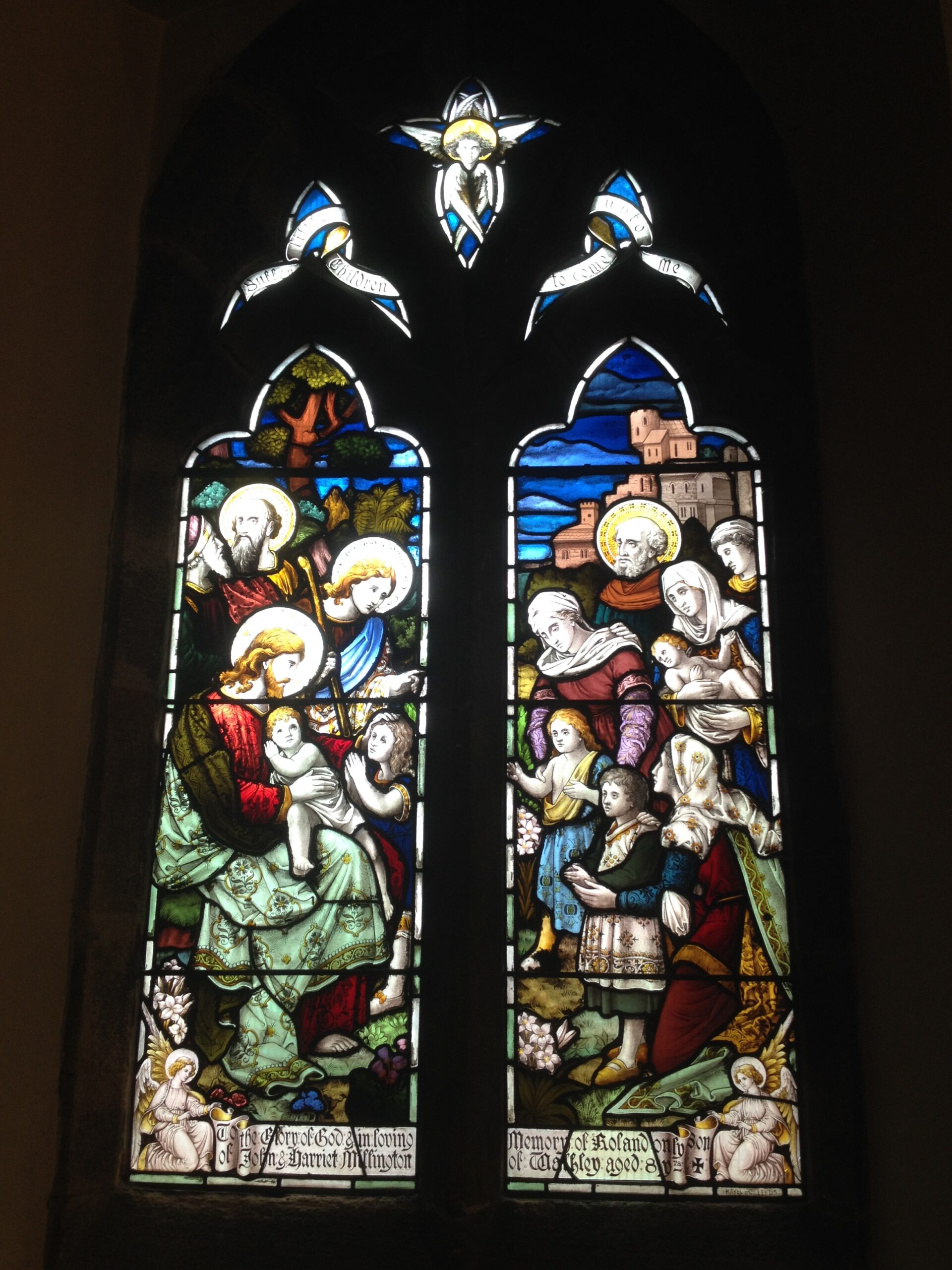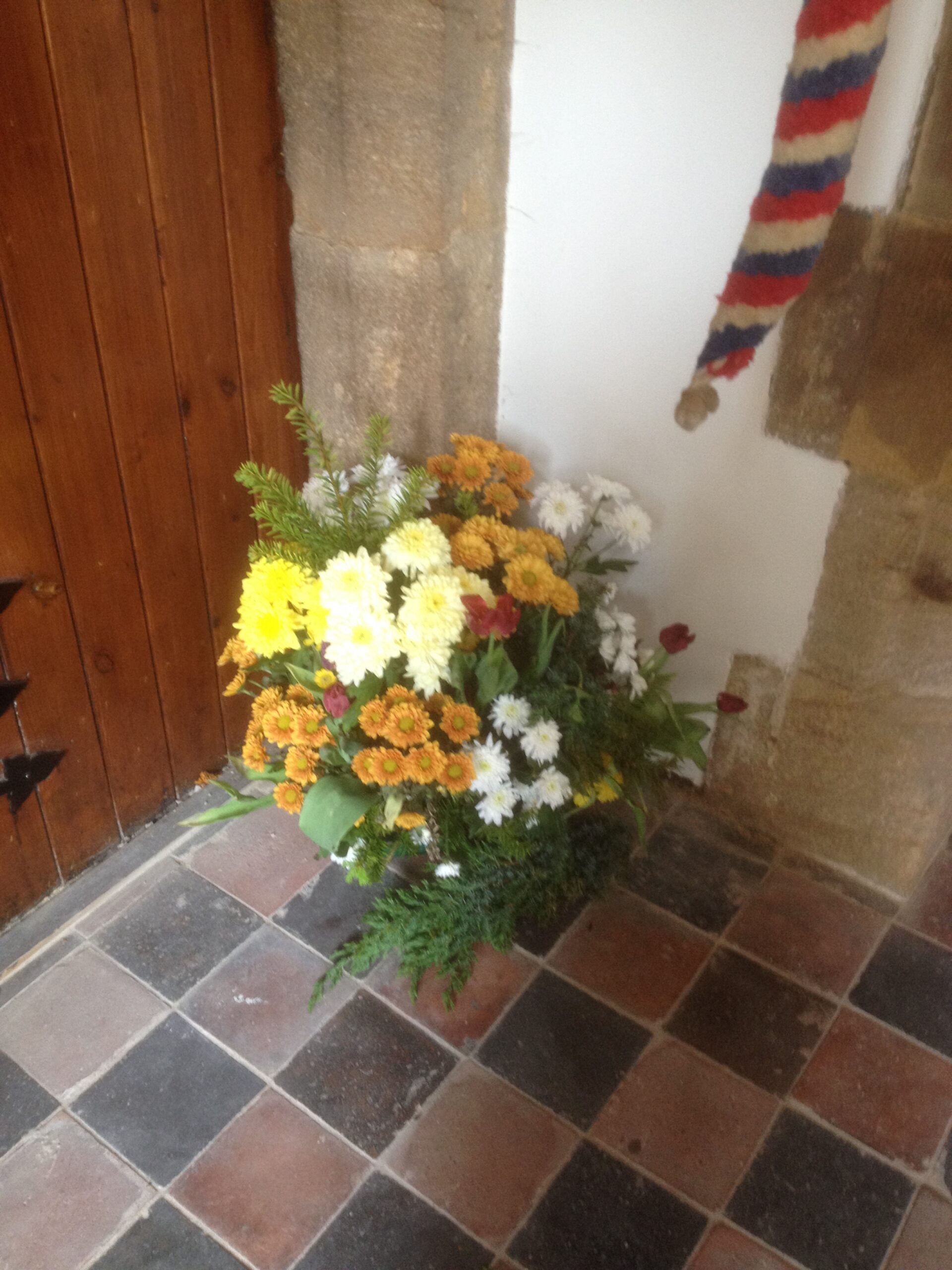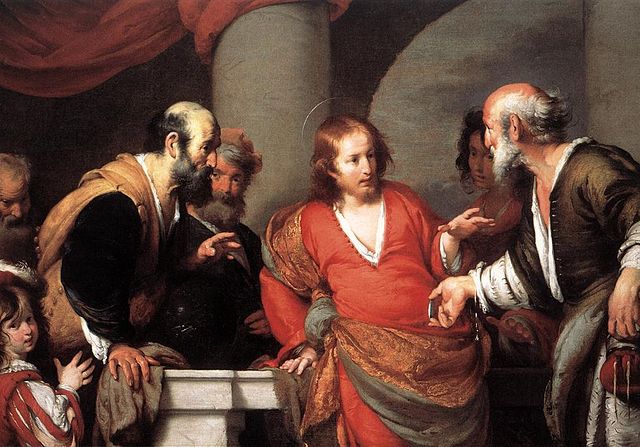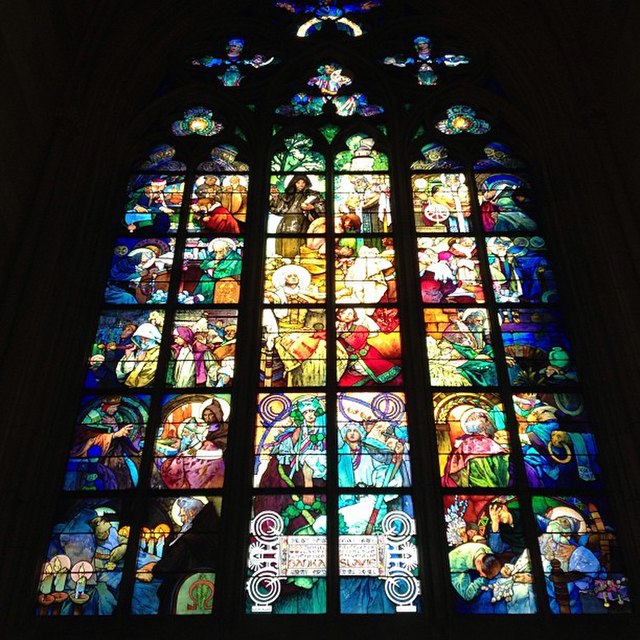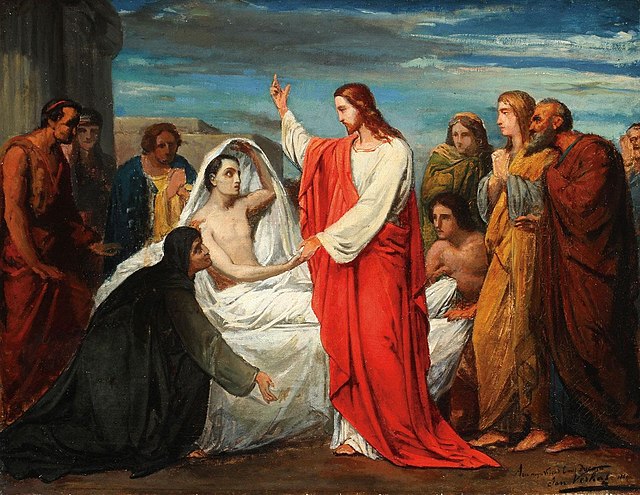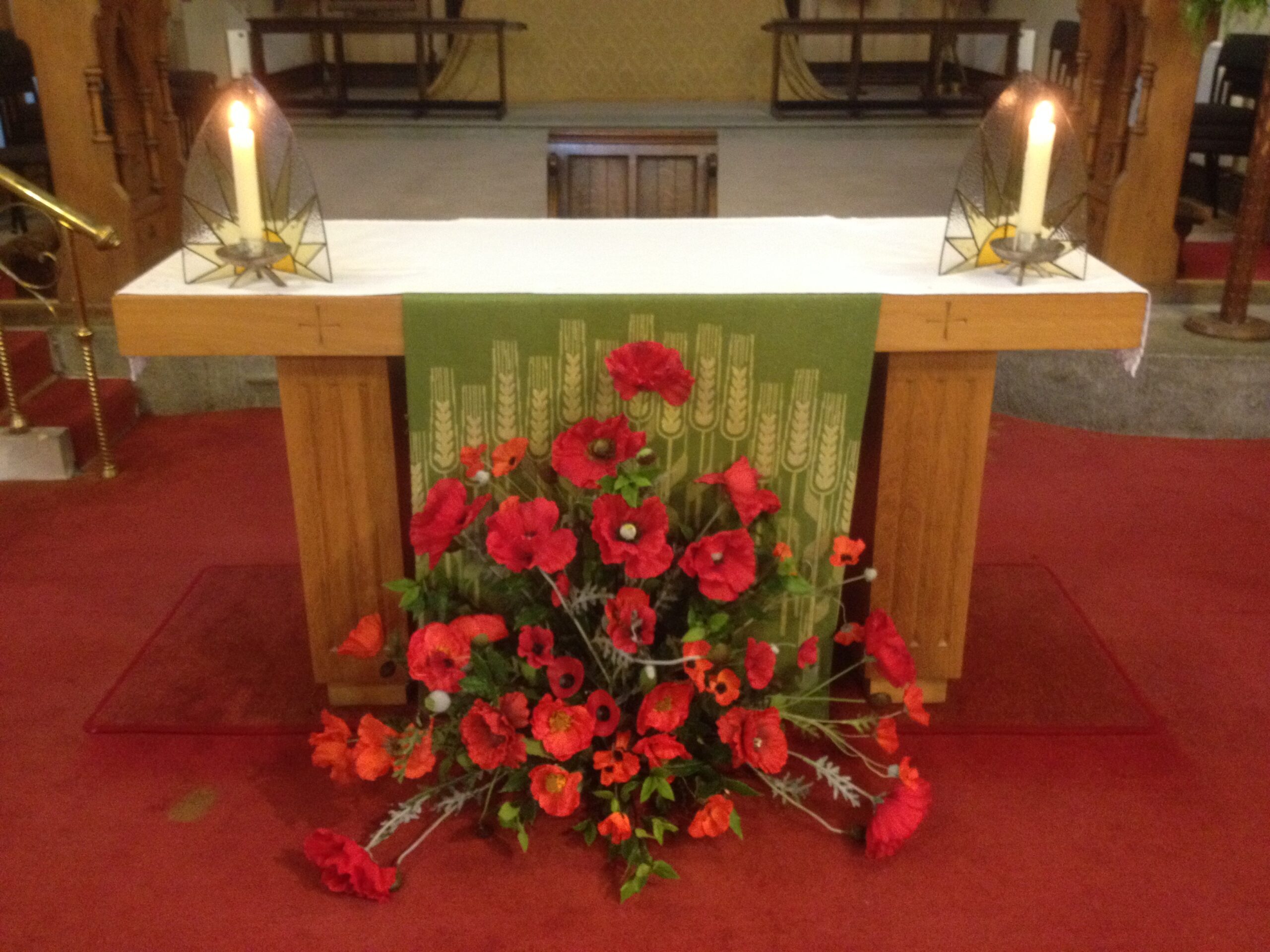
12th November 2023:
Watch this week's service on YouTube
Download the order of servicehere: 23 11 12 Remembrance Sunday Eucharist
Read this weeks in the morning post.
The Readings
1 Thessalonians 4. 13 - end
But we do not want you to be uninformed, brothers and sisters, about those who have died, so that you may not grieve as others do who have no hope. For since we believe that Jesus died and rose again, even so, through Jesus, God will bring with him those who have died. For this we declare to you by the word of the Lord, that we who are alive, who are left until the coming of the Lord, will by no means precede those who have died. For the Lord himself, with a cry of command, with the archangel’s call and with the sound of God’s trumpet, will descend from heaven, and the dead in Christ will rise first. Then we who are alive, who are left, will be caught up in the clouds together with them to meet the Lord in the air; and so we will be with the Lord for ever. Therefore encourage one another with these words.
Matthew 25. 1 - 13
‘Then the kingdom of heaven will be like this. Ten bridesmaids took their lamps and went to meet the bridegroom. Five of them were foolish, and five were wise. When the foolish took their lamps, they took no oil with them; but the wise took flasks of oil with their lamps. As the bridegroom was delayed, all of them became drowsy and slept. But at midnight there was a shout, “Look! Here is the bridegroom! Come out to meet him.” Then all those bridesmaids got up and trimmed their lamps. The foolish said to the wise, “Give us some of your oil, for our lamps are going out.” But the wise replied, “No! there will not be enough for you and for us; you had better go to the dealers and buy some for yourselves.” And while they went to buy it, the bridegroom came, and those who were ready went with him into the wedding banquet; and the door was shut. Later the other bridesmaids came also, saying, “Lord, lord, open to us.” But he replied, “Truly I tell you, I do not know you.” Keep awake therefore, for you know neither the day nor the hour.
Scripture Quotations are from: New Revised Standard Version Bible: Anglicized Edition, copyright © 1989, 1995 National Council of the Churches of Christ in the United States of America. Used by permission. All rights reserved worldwide. http://nrsvbibles.org
The Sermon
By the Revd Canon Dr Alan Billings.
Remembrance Sunday.
Once a year the nation remembers.
But why?
Let me suggest two reasons, which seem to me to be important.
The first reason for remembering is because it is a way of saying thank you.
Tonight’s remembering takes place within a service that is already an act of
remembrance and a way of saying thank you. Every time we break the bread
and bless the wine we are remembering Christ’s death and resurrection and
thanking him for coming among us. This is why we call this service a
‘eucharist’, eucharistia being the Greek word for thanksgiving.
As we remember Christ and give thanks for what he did for us – eucharist -
so also tonight we remember those men and women whose names are
inscribed on our memorial boards and thank them for what they did for us.
Does that sound strange? That we are here to thank those who are not here,
those who are dead?
Not really, because remembering is the only way we can thank the dead. We
can’t meet them, shake their hands, hear from their own lips their stories –
what they endured, what they went through, what they suffered. We can’t
hear from them what they gave up, their hopes and dreams, so that we who
came after might have hopes and dreams of our own. They died to make our
hopes and dreams in a free society possible.
The only way we can say thank you to the dead is to remember.
I find I do this all the time when I remember my own family, my parents and
grandparents, my brother, all of whom have now died. When I think of them, I
am remembering with gratitude.
Once a year we take a moment to say thank you to all those commemorated
on our memorials for giving us the tomorrow they denied themselves.
And the second reason why we have Remembrance Sunday is to remind
ourselves that the type of society we live in, the freedoms we enjoy, were not
inevitable. They were a consequence of these men and women fighting and
dying.
I was born during the Second World War, after the British Expeditionary Force
had been defeated in France, leaving behind all the heavy artillery, the tanks
and armoured vehicles, rescued from Dunkirk by the little boats. It was a time
when it was impossible to say which way the war might go. If Hitler had sent
his victorious armies across the channel, we would probably have lost the
war.
I sometimes wondered as a teenager what my parents thought they were
doing, bringing me into a world in which they might have had to raise me as a
little Nazi. Perhaps having a child was their way of saying, we believe a batter
future is possible.
But they understood that that better future could only come if Hitler were
defeated. So my father enlisted and served in north Africa.
So we remember in the second place to remind ourselves that sometimes the
future can only be secured by forcibly and violently overcoming those who
make themselves our enemies and seek to do us harm – so that has
consequences not only for our soldiers and civilians but for those on the other
wide as well. This is something the Israelis are having to think long and hard
about now.
In any case, Christianity makes us struggle with the idea of using violence.
We picture in our churches and in our imaginations the crucified Christ. The
one who said ‘Blessed are the peacemakers’. Who told his disciples to put up
their swords in the Garden of Gethsemane. Who did not resist when they
came for him at the end. And who also said, ‘Father forgive them’, and ‘Love
your enemies’.
Christians are never going to be able to contemplate war easily. If war
becomes necessary, it can only be as a last resort. And if we seek to
commemorate it, we must do so by remembering the dead, not by glorifying
any victories.
This is why, when a more Christian nation than today decided to
commemorate the end of the First World War, it did so by constructing in
Whitehall not an arc de triomphe but a cenotaph.
So tonight we remember. We remember to remind ourselves that sometimes
a better future does not happen by chance but only because those with evil
intentions are overcome by force – with all the suffering that means on both
sides.
And we remember because remembering is how we thank the dead.
The Prayers
Prepared by Irving.
Let us pray for the whole Church of God in Christ Jesus, and for all people according to their needs.
On Remembrance Sunday, we remember the sacrifice of those caught up in wars both present and past,
and the generations of men, women and children who have been killed in the courses of wars. We pray
for those who still bear the physical and mental scars and disabilities of their service.
Especially on this Remembrance Sunday we pray for:
All who serve in our armed forces their families and friends. We pray for peace in all those countries at
war, and for their peoples, particularly at this time Ukraine, Russia, Israel, Gaza and the West Bank. We
pray for those who are caught in crossfire, those who are used as human shields, and all who are forced
or desperate to seek refuge in other countries.
We pray too for all who strive to promote peace and stability in war stricken areas, both in settings such
as the United Nations and those who respond to what they see happening in the world.
Lord in your mercy
Hear our prayer
We pray for your Church throughout the world: guide and govern us by your Holy Spirit that all who
profess and call themselves Christians may be led in the way of truth, and hold the faith in unity of spirit,
in the bond of peace, and in righteousness of life.
Especially we pray for:
All who minister to the armed forces, especially those who support troops in front line duties. At St
Mary’s we pray for and give thanks to all who have helped us to mark Remembrance in so many ways
from selling poppies, tending our local war graves, photographic displays and acts of remembrance in
our Church, Cemetery and War Memorial in Hadfield St.
Lord in your mercy
Hear our prayer
We commend to your fatherly goodness all who are anxious or distressed in mind or body; comfort and
relieve them in their need; give them patience in their sufferings, and bring good out of their troubles.
Especially we pray for:
All who mourn loved ones lost in wars and all who are anxious about men and women currently in active
service. We pray for all who work to support and heal those injured and debilitated by war. We pray for
all who, like the Royal British Legion, keep alive support for all who suffered and gave their lives in the
service of our country.
We pray for all who are held hostage, that they may be safely returned to their homes.
Ever-living God, we remember those whom you have gathered from the storm of war into the peace of
your presence; may that same peace calm our fears, bring justice to all peoples and establish harmony
among nations, through Jesus Christ our Lord.
Merciful Father
Accept these prayers, for the sake of your Son, our Saviour Jesus Christ. Amen


